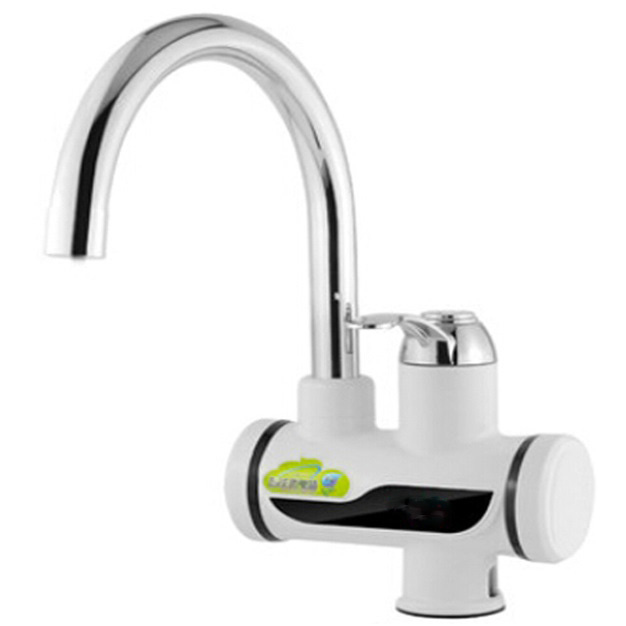The Ultimate Guide to Boiling Hot Water Taps
Revolutionizing Kitchen Convenience
In the modern kitchen, convenience and efficiency are paramount. One innovation that has transformed how we interact with our kitchens is the boiling hot water tap. This remarkable device delivers near-instantaneous hot water at the touch of a button, eliminating the need to wait for a kettle to boil. With the increasing pace of life, the boiling hot water tap has become an indispensable tool for many households, providing not just convenience, but also safety and energy efficiency.
How Boiling Hot Water Taps Work
Boiling hot water taps are engineered to provide instant hot water through a sophisticated heating and storage system. Typically, these systems involve a compact boiler unit installed under the kitchen sink, which keeps water at a near-boiling temperature. When the tap is activated, hot water is drawn directly from this reservoir. The efficiency of this system lies in its ability to maintain a constant temperature, often through advanced insulation and precise thermostat controls. This ensures that hot water is always available on demand, making it an ideal solution for busy kitchens where time and efficiency are of the essence.
Benefits of Installing a Boiling Hot Water Tap
The benefits of installing a boiling hot water tap in your kitchen are numerous and varied. First and foremost, they save time. Instead of waiting several minutes for a kettle to boil, hot water is available immediately, which is particularly useful for making tea, coffee, or preparing instant foods. Secondly, they enhance safety by reducing the risk of spills and burns associated with traditional kettles. Additionally, these taps are energy-efficient. Since they heat only the water that is needed, they can reduce overall energy consumption compared to repeatedly boiling a kettle. Lastly, they contribute to a streamlined and uncluttered kitchen aesthetic by eliminating the need for a separate kettle.
Considerations Before Installation
Before installing a boiling hot water tap, there are several factors to consider. Firstly, the initial cost can be higher than that of a traditional kettle, though many find the investment worthwhile due to the convenience and efficiency gains. Installation typically requires a professional, as it involves connecting to the water supply and potentially the electrical system. Space under the sink must also be evaluated to ensure there is sufficient room for the boiler unit. Additionally, ongoing maintenance is necessary to keep the system functioning optimally. This includes regular descaling to prevent mineral buildup, which can affect performance and longevity. Understanding these considerations can help ensure a smooth transition to a boiling hot water tap system.
In conclusion, boiling hot water taps represent a significant leap forward in kitchen technology. By offering instant access to hot water, they save time, enhance safety, and improve energy efficiency, making them an excellent addition to any modern kitchen. Whether for the avid cook, the busy professional, or the family household, these taps provide unparalleled convenience and utility.

